Multi Stakeholders Meeting on Developing Strategic Mechanisms Ahead of 2023
In the quest to ensure the prioritization of anti-corruption, accountability, and inclusion reforms by frontline political parties and candidates towards the 2023 elections in Imo state, AfA held a multi-stakeholders senatorial town hall meeting to discuss and develop strategic mechanisms.
The meeting was held at RockView Hotel, Owerri, Imo State on September 21, 2021, and was supported by the Civil Society Legislative Advocacy Center and MacArthur Foundation. Represented at the meeting were civil society organizations (CSOs), traditional rulers, youth leaders, President generals, PLWD, Albinism community, media, honorable members, house of representatives.
The Workshop featured different power-point presentations from facilitators. In a welcome remark by Ms. Lilian Ibeh, a staff of AfA, she reiterated the need to begin the conversations on ways to strategically mainstream and make the people internalize the need to accept as normal, social inclusion, transparency, accountability, and anti-corruption in the society.
The background of the project and objective was delivered by the AfA Programs Manager; Ms. Blessing Duru. According to her, the subject of discussion is key to the sustainability plan of the nation and one we cannot do without in a democratic setting.
Topics included increasing participants understanding and engagement on – strategic mechanism towards prioritization of anti-corruption, accountability and inclusion reforms by 2023 election in Imo State; and the critical re-examination of the challenges in enforcing mechanism for a good governance system in Imo, was delivered by the founder, CARA foundation- Ms. Nnenanya Eneremadu. She summarized that good governance entails efficiency, accountability, equitability, inclusivity, responsiveness and political parties are saddled with the responsibility of producing a leadership that should empower and inspire the masses.
Group work was undertaken by all participants in a bid to identify strategic mechanisms that can promote and sustain anti-corruption, accountability, transparency, inclusion reforms, service delivery, and citizen involvement.
The strategic mechanisms to sustain and promote anti-corruption listed by the groups were; open budget policy, cashless policy for public service delivery, digitalization of internal revenue collection, civil service reform by measuring productivity, signing of electoral reform bill into law.
Recommendations made by participants were, that the 1999 constitution should be done away with because it does not address the current challenges of the citizenry; there is a need to redesign the electoral act, citizens should be made to drive the change and process of good governance, political parties funding sources should be disclosed, annual statement of account should be submitted to INEC according to the provisions of the law, Political parties should be made to undertake continuous civic education, accountability, and access to information should be promoted; citizens should be empowered to hold government accountable through civic education.

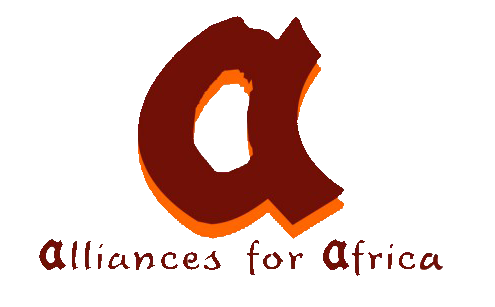

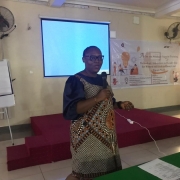
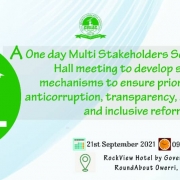


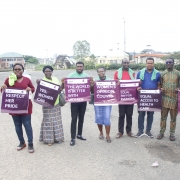
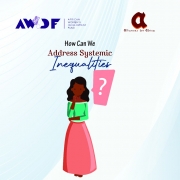
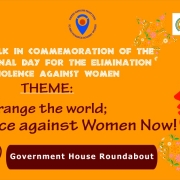


Leave a Reply
Want to join the discussion?Feel free to contribute!